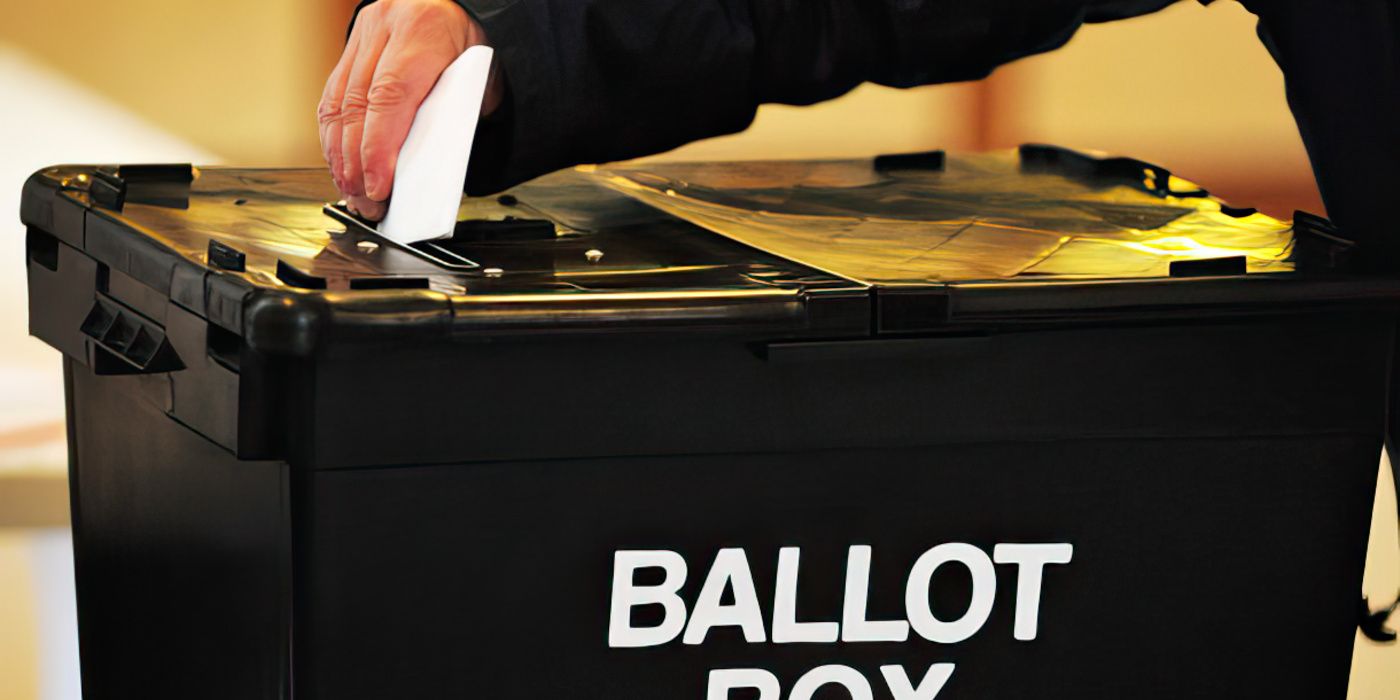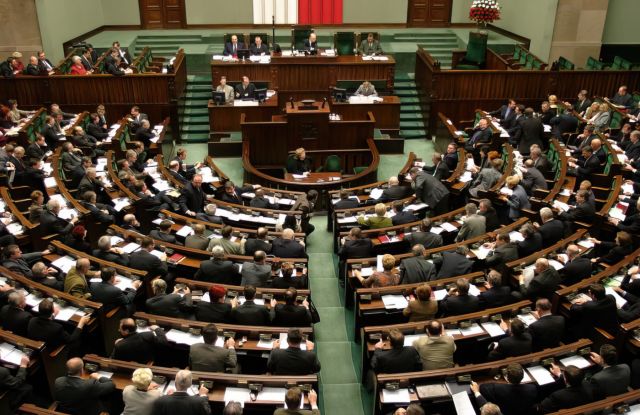

Electoral Systems for a Divided Society
By providing incentives to ethnic-based political parties to cross the ethnic divide in their appeal to voters, preferential electoral systems provide a means to counter centrifugal political competition. These incentives are greatest in the Alternative Vote. Nevertheless, the benefit of cross-ethnic appeals to political parties do not, by default, outweigh the cost of loosing core supporters from doing so. Furthermore, the Alternative Vote, being majoritarian, might fail to generate a Condorcet winner, resulting in a parliamentary representative who is preferred by neither ethnic faction. Electoral incentives are not the only path towards accommodation in divided societies. Political and legislative traditions, as generated by consociational arrangements, are better able to enshrine cross-ethnic bargaining as a habit. Grand coalitions and ethnic autonomy, similarly key characteristics of consociationalism, secure a sheltered sphere from which ethnic groups can negotiate without feeling excluded or threatened.

